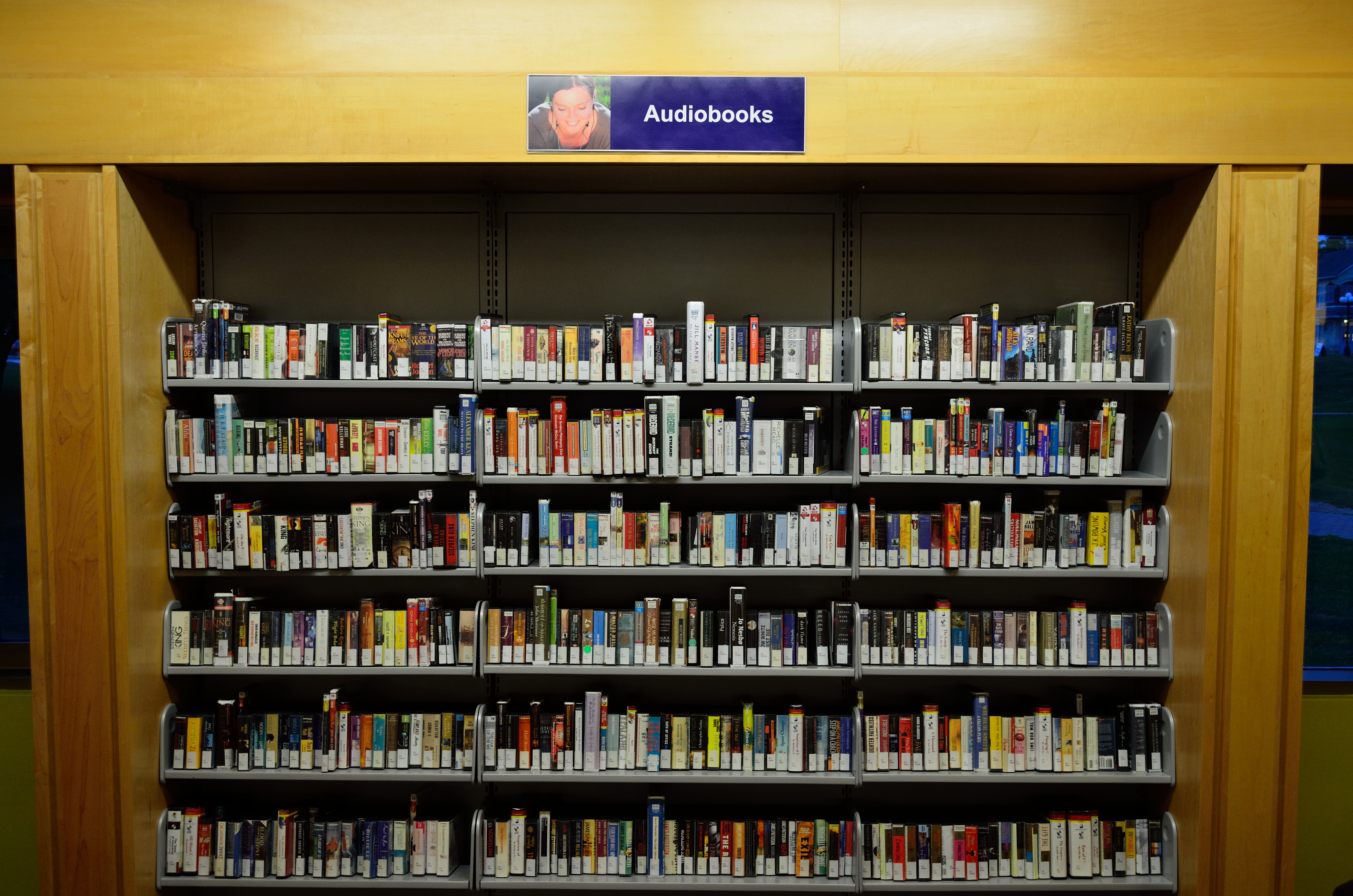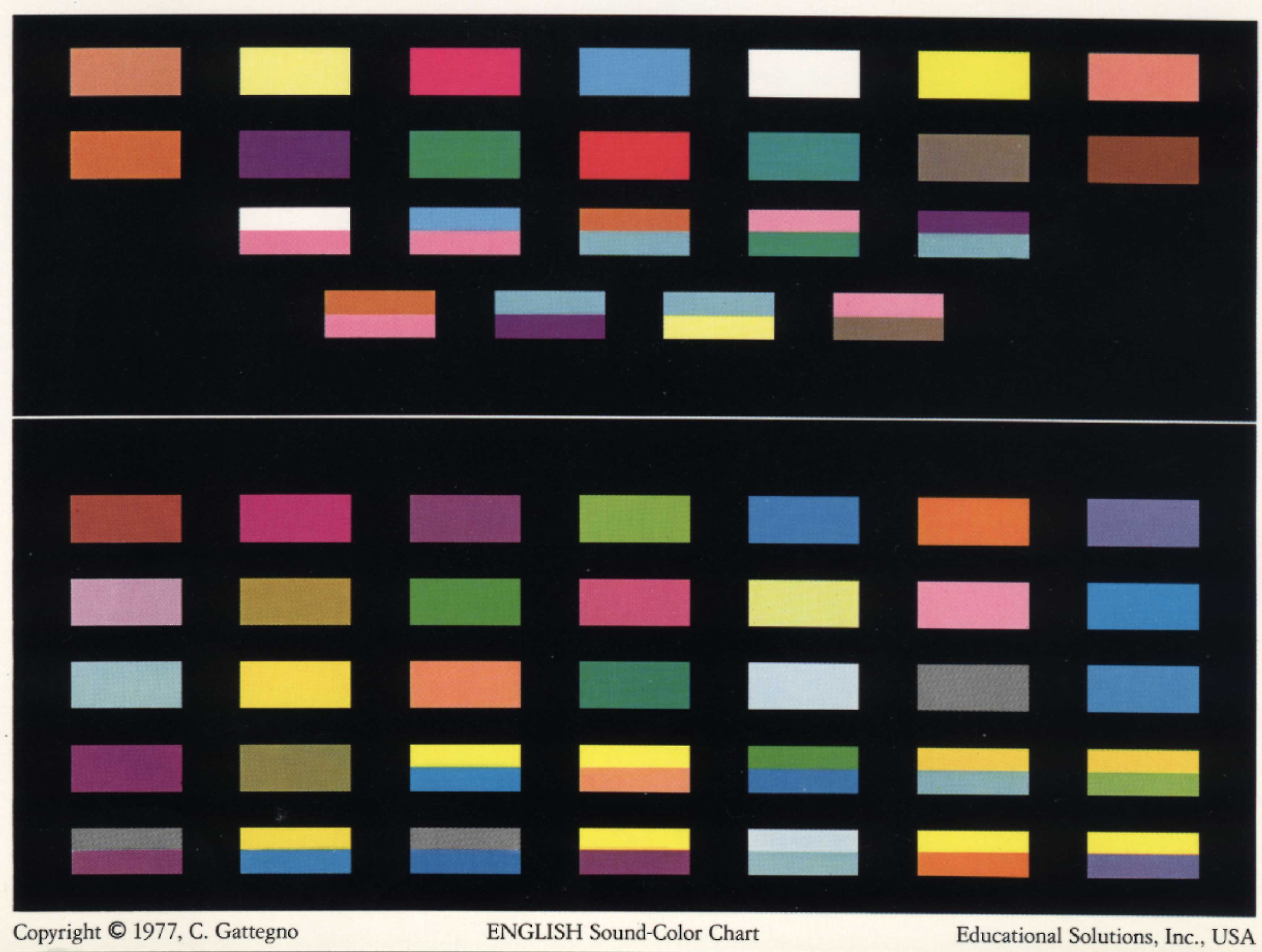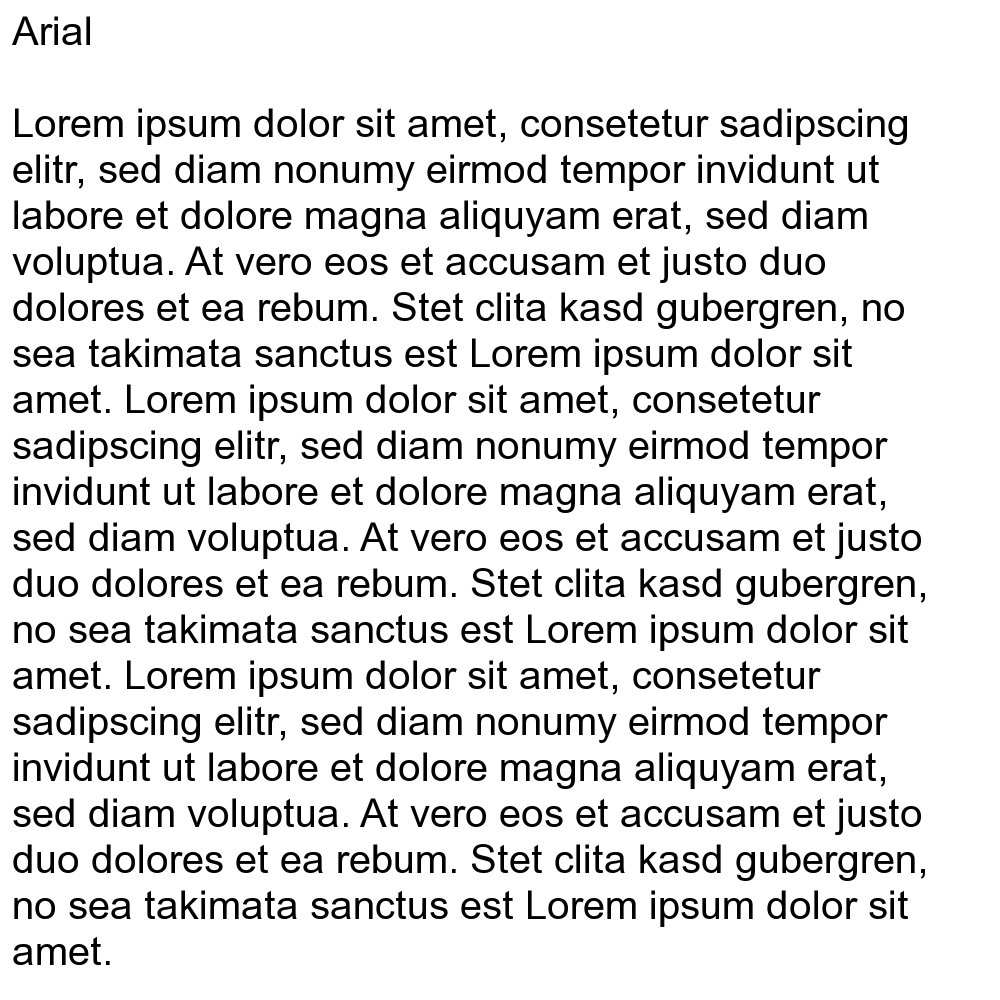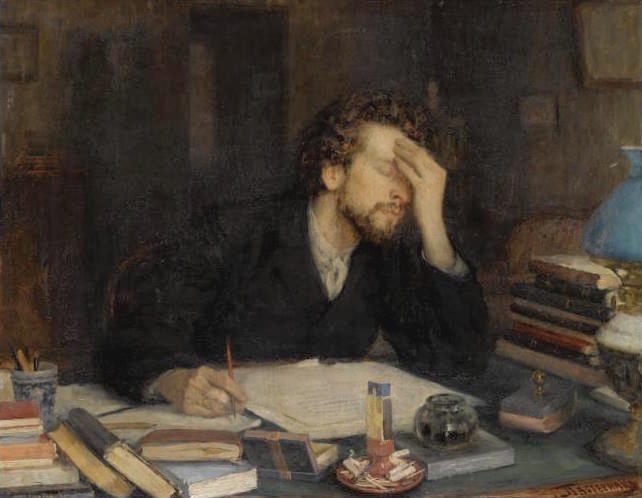In this post I discuss the ideology concerning the Creative Writing MFA.
Who is involved in the controversy?
The people involved in this controversy are those that are pro-Creative Writing MFA and anti-Creative Writing MFA. There are a couple of people that are kind of in between but usually they are leaning towards one side more than the other. The pro-Creative Writing MFA believe that it is a benefit in obtaining the degree in order to strengthen writing skills, while the other side disagrees by saying that talent is born not created and an MFA creates a uniform writing style.
Who are some of the major speakers/writers within these groups?
Various professors and students have expressed their opinion over the pros and cons of obtaining an MFA in creative writing. Ryan Boudinot, whose article I examined a couple of posts back, created backlash when he posted his article on why he did not agree with the philosophy of the creative writing MFA and why he didn't find it of any value. In response, people took to social media and other news outlets. There isn't exactly one or two people that are leaders in the controversy, rather a generalized group of writers and artists.
What kind of social/cultural/political/ economic power does each group hold?
Both sides value the artistic power and influence that writing holds. Writing and literature has the ability to change a nation. Literature does have political influence, such as Betty Friedan's "The Feminine Mystique" and "All The President's Men" by Bob Woodward. Both agree the power of writing and literature, but disagree on how to cultivate talent. Pro-Creative Writing MFA believe that writing can be improved through the use of writing programs. Anti-Creative Writing MFA believe that writing can only be developed at a young age and how talent is born, not created.
What resources are available to different positions?
People that obtain Creative Writing MFAs generally have a large network of alumni and professors that they are able to contact in hopes of publishing their work and networking opportunities, but they must know how to communicate with people. They must be smart enough to not only write a novel but also have the skills necessary and know the people in order to get it published.
What does each group value?
Each group both values literature and the craft of writing. They believe that the art of writing is very sacred and valued. However, they disagree on how to produce and improve the writing process.
What counts as evidence for the different positions?
The pro- Creative Writing Majors are able to publish the amount of alumni that are able to get their work published after they obtain their degree. Universities that offer the MFA are able to keep track of their graduates. People that don't obtain MFAs are harder to keep track of and whether or not they get published, so unless the author becomes an acclaimed, best-selling author and their background comes out that they didn't obtain an MFA, then they have no way to know.
Is there a power differential between the groups?
I would say both groups are on pretty level playing fields. No group has the other hand, because it's simply a debate about whether to get an MFA or not. There can be disagreements between the two groups but ultimately no group has more power than the other because everyone can write a novel and publish it, whether they have an MFA or not.
Is there any acknowledged common ground between the groups?
There is a lot of common ground between the two groups. Both believe in the art of writing and its necessity in the world. They both agree that to become a skilled writer, you have to read a lot of books. Both groups recognize good prose and talent, they just differ on how to achieve it.
Is there any unacknowledged common ground?
I would say both groups want people to value more writing, reading and books themselves. They want people to see the value in studying literature and not entirely dismissing that a large amount of people do, as they don't see any value in it in today's society. People think more highly of people that study science and math instead of english and history.
Do the various groups listen to each other? That is, do they respond directly to claims made by each other? Or do they only talk to people who already hold the same position?
There seems to be a lot of back and forth between the two groups. Ryan Boudinot spurred many articles countering his claims, but the discussions seems to be have been going on for a long time. People seem to voice their opinion on their own but do usually cite other articles concerning the same topic.















.jpg)




